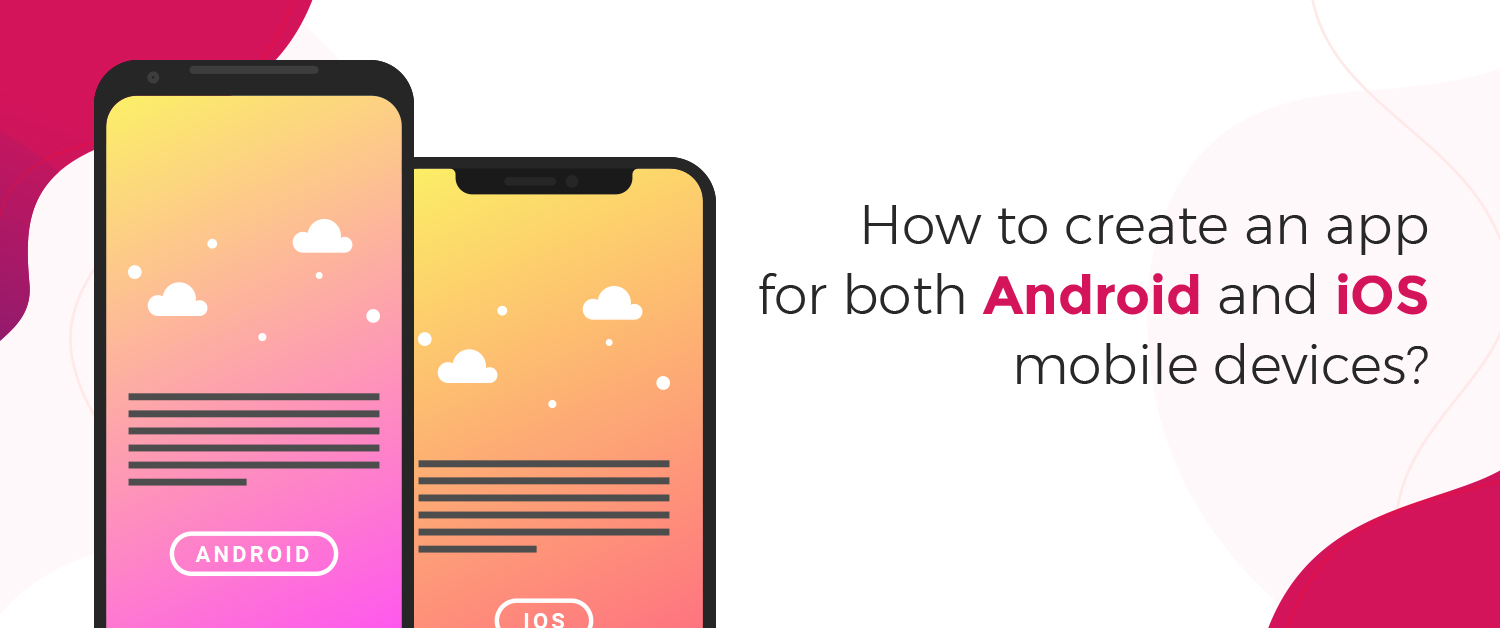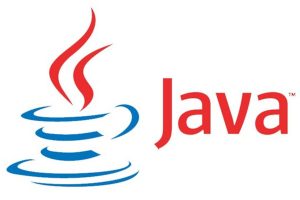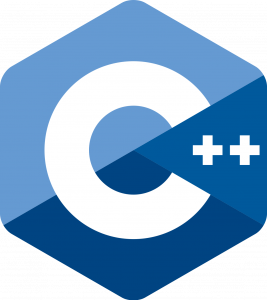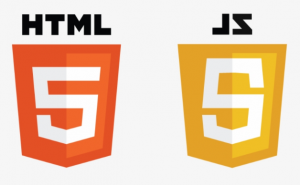

What’s the first thing that you do in the morning as soon as you wake up?
For most of us, the answer is checking our phones for notifications from social media platforms, or probably picking up on our work emails. No matter what the target is, the medium is common, a smartphone.
Smartphones have been an important part of our lives for a long time now. Seeing the rapid growth and promising benefits in mobile app development realm, businesses are thrilled about getting an app developed for the digital face of their brand. While some are already winning the game, some fell flat on the ground.
That said, mobile app development is not as easier as it sounds. While you have multiple things to cater, you are thrown with a wide range of options to choose from be it the platforms, features, capabilities, monetization strategies, or anything else.
For everything else, you can always find valuable research data, but how to choose the mobile app development platform that brings the results you aim for? A lot depends on the target audience demographics. If they prefer iOS, you will obviously choose to develop apps for iPhone. Same is the case for Android. But don’t you want to expand your reach and target both of these communities? Of course, you do. And for that, we have cross-platform app development. iOS app development or android app development, come what may, they have got it all covered. And here we are giving you insights into how to develop cross-platform apps.
What is the cross-platform app development?
Cross-platform mobile development refers to the development of mobile apps that can be used on multiple mobile platforms.
What are the benefits of cross-platform app development?
Cross-platform app development has a wide range of benefits to offer to the mobile app development teams as well as the enterprises. Here are the salient ones highlighted for you:
#1. Code reusability
One of the amazing benefits of opting for cross-platform app development over native app development is the code reusability. This feature significantly cuts on the coding efforts as the code once written can be used for multiple platforms with certain tweaks. This not only reduces the coding efforts but also helps the app owners to relish cost-effective app development.
#2. Less time to market
As the cross-platform app development frameworks leverage unified codebase, the process to develop mobile apps gets speedier. Thus, the time to market reduces helping with quick app launch.
#3. Cost-effective
Since cross-platform mobile app development is based on the single codebase for multiple platforms, the overall cost of developing applications for multiple platforms decrease significantly. Thus, enterprises can develop apps without having to spend huge amount of money on the tools, resources, and technologies for each system/ platform. Additionally, you do not have to spend on dedicated teams for each platform.
#4. Easier deployment
Most of the cross-platform app development frameworks offer the developers with tailor-made modules and extensions that they can readily integrate with other tools. This feature helps them enhance the app’s functionality and UI/ UX. The presence of frameworks also makes it easier for the developers to push updates across the devices and platforms while ensuring easy code maintainability and deployment.
#5. Uniformity
App’s user experience is an important determinant in deciding the app’s popularity. Cross-platform frameworks cover an extensive range of tools that ensure that apps offer great experience across various platforms.
#6. Wider reach
Cross-platform apps cater to a wider audience by overcoming the limitations corresponding to single platform app development. This enhances businesses to serve great market potential and augments the ROI, making them an essential part of iOS app development trends, which emphasize efficiency and broader reach.
What are the common cross-platform app development languages?
Mobile app developers pursuing cross-platform app development can choose from a wide spectrum of languages. Let’s check out some of them here.
#1. Java

Java is most popularly used for Android App Development. Considered as a concurrent, class-based and object-oriented language, Java is tailored for fewer implementation dependencies.
#2. C++

C++ is comparatively less advanced as compared to Java. It is popularly referred to as general-purpose programming language that pays a keen focus on imperative, object-oriented, and generic programming features. This makes it one of the amazing choices to consider for cross-platform app development.
#3. JavaScript and HTML5

The combination exists as one of the most prominent choices for cross-platform app development. While HTML5 is popularly used for developing desktop-compatible mobile apps, JavaScript is a high-level interpreted programing language use alongside HTML 5.
#4. C#

C# is a multi-paradigm programming language considered equivalent to objective C. Cross-platform app developers across the globe widely used the programming language for its striking features like imperative, declarative, functional, generic, object-oriented, and component-oriented.
#5. Ruby

Ruby is the programming language that adds the element of reflective, object-oriented, general-purpose, and interpreted features to your cross-platform mobile apps.
What are popular cross-platform app development frameworks?
#1. Apache Cordova
Apache Cordova is an open-source mobile development framework. It enables cross-platform app development using web technologies like HTL5, CSS3, and JavaScript. Apache Cordova applications execute within the wrappers targeted to each platform and heavily depend on the standards-compliant API binding to access each device’s capabilities like sensors, data, and network status, etc.
It is most suited if you:
- Want to extend your mobile app across multiple platforms without having to implement it again with each platform’s language and toolset.
- Need to develop a native mobile app while mixing the components with WebView.
- Require to develop plugin interface between native and WebView components.
#2. Xamarin
Owned by Microsoft, Xamarin is a cross-platform UI toolkit that enables cross-platform app developers to create native user interface layouts that can be shared across multiple platforms like iOS, Android, and Windows.
You can choose Xamarin if you are looking for the following features in the cross-platform app development framework:
- Power of C# on mobile devices
- Open Source
- Native apps with native UI controls
- Native UI development
- 70-80% code reusability across platforms
- No JavaScript – truly compiled code
- Ability to leverage visual studio
- Many great C# libraries
- MVVM pattern
- Amazing support
- Powerful Mono .NET framework for developers
- Delivers high performance and excellent UX
- Most cost and time-efficient cross-platform framework for mobile app development.
- Compatible to develop Hybrid apps using portable razor framework
- Backed by Microsoft
- Support SmartWatch apps
#3. Unity
Unity is widely known as a real-time development engine. It is considered an all-in-one platform that enables rich gaming applications. Unity is popular for its quirky features, cost-effectiveness, and robust capabilities. It is the best-suited choice in the following cases where the following features are needed:
- Gaming app development with power of 3D image rendering
- Exceptional cross-platform apps
- High-end asset store
- Advanced features in a price lesser as compared to other frameworks
#4. NativeScript
NativeScript is used to build native apps for iOS, Android, and the Web using single JavaScript codebase. Strongly supported by TypeScript, CSS, and popular frameworks like Angular and Vue.jas, this framework is open-source and cost-effective. It comes with a powerful CLI that renders every tool that you need to create, test, build, and publish mobile apps. NativeScript boasts of delivering mobile apps that offer seamless performance due to 100% native API access.
#5. Sencha
Sencha offers a robust cross-platform development suite to build JavaSCript and Java frameworks and components enabling developers to rapidly design, develop, and deploy enterprise-ready apps. Some of the stellar features of Sencha include:
- Backward code compatibility
- Customizable and offers over 50 builds in UI widgets
- Flexible layout manager to organize data and content display across multiple mobile devices and platforms
- Backed by a robust data package that can consume data from any backend data source
- Adaptive layouts, animations, and smooth scrolling for a better mobile web application experience for the use
- Out-of-the-box, native-looking themes for every major platform enables to make web and hybrid applications match the look and feel of the target platforms
#6. Appcelerator
Appcelerator lets you develop native, hybrid, and mobile web apps using single codebase. It boasts of providing apps that offer an immersive experience using native capabilities. Some of the features of Appcelerator include:
- JavaScript-based SDK with more than 5000 APIs for iOS, Android, Windows, Blackberry, and HTML5
- Web development skills to enable rich, truly native mobile apps
- 60-90% code reusability
- Backed by strong community comprising 660,000 mobile developers with 75,000 mobile apps deployed over 280,000,000 devices
Which are the Popular Editors and IDEs for Cross-platform app development?

Here are some of the editors and IDEs that highly support your cross-platform app development process by extending extraordinary capabilities:
#1. IntelliJ
IntelliJ is an open-source platform. The code written through it is covered by the Apache 2.0 license which implies that it gives you the liberty to develop open source as well as commercial products without paying royalties to JetBrains.
#2. Visual Studio
Mircosoft’s Visual Studio is an integrated development environment (IDE) that helps the developers to write well-managed native codes. It facilitates the smooth development of websites, web apps, web services, mobile apps, and computer programs by using platforms like Windows API, Windows Forms, Windows Presentation Foundation, and many more.
#3. Cocos2D
Cocos creator is a unified package of the game development tools. It helps the developers with extensive management by enabling games, apps, and other cross-platform GUI based interactive programs. The tool is more popularly used to develop iOS applications. Cocos2D is a framework that covers C++, JavaScript, Swift, and Objective-C.
#4. Qt
Qt is known for fostering fluid, high-performance, and intuitive UI, applications, and embedded devices, all using a single codebase. It offers highly efficient C++ framework including the cross-platform libraries, APIs, and tools for faster time to market. It features an easy-to-use and flexible IDE along with design tools with ready-made controls and out-of-the-box functionality for efficient UI design. Qt is an open, extensible and modular C++ framework that supports cost-effective software development.
#5. MobinCube
MobinCube is the framework that significantly reduces the coding efforts. It features an intuitive visual interface that facilitates easy app designing using simple drag and drops functionality. MobinCube boasts of offering a great option to develop apps from various industry verticals including business to educational, entertainment to games, and home to health, besides any more.
#6. AppsMoment
Similar to MobinCube, AppsMoment is also a code-less platform that does not require you to ace any particular programming language. This platform is popular for the development of iPhone, iPad, Android, and Kindle apps. It allows the developers to develop, customize, and publish the apps free of cost. Besides, it also offers more than 60 custom features and 50 templates that enable resources, tools, information, and guidance for flawless cross-platform app development.
#7. Ruby Motion
RubyMotion is a dedicated framework that allows you to develop cross-platform apps for iOS, Android, and OS X in Ruby. It features a statistically-compiled version of the Ruby language built explicitly for the native mobile apps. With command-line based extensible toolchain that lets you customize the development workflow in the way you prefer.
#8. Ionic
Ionic makes it easier than ever to build, test, deploy, and monitor cross-platform apps. It is a free and open source framework that enables progressive web apps and native mobile apps with a single codebase. With Ionic, it allows you to use over 120 native device features including Bluetooth, HealthKit, Finger Print Auth, and much more with Cordova/ PhoneGap plugins and TypeScript extensions.
#9. DropSource
DropSource is a low-code mobile app development platform that enables the enterprises to use their enterprise data for developing native enterprise-grade applications. It features a robust drag and drop UI that makes it easier for the developers to build, deploy, and maintain mobile apps swiftly and without degrading the quality.
#10. Yapp
Yapp is a comprehensive app builder that lets you manage multiple aspects of your apps, besides development. It boasts of offering its users with a do-it-yourself platform that enables convenient creations, editing, and instantly publishing of the mobile apps that run seamlessly across the platforms including iOS and Android.
#11. Corona
Corona is a cross-platform framework that enables faster app development. The apps developed using Corona run flawlessly across desktops and mobile devices. That is, once developed you can publish your apps on a wide range of devices including Apple iPhone and iPad, Android phones and tablets, Amazon Fire, Mac Desktop, Windows Desktop, and even connected TVs such as Apple TV, Fire TV, and Android TV. It primarily uses Lua, a robust and easy-to-learn scripting language strongly supported by extensive documentation. Besides this, Corona also offers some of the striking features like real-time simulation, live testing, guaranteed speed and performance, and a wide array of plugins.
#12. Xojo
Xojo is a rapid cross-platform app development platform that is perfect for coding apps to be deployed on macOS, Windows, Linux, web, iOS, and Raspberry Pi. It offers an extensive range of modern support for graphics, database servers, and internet protocols. Using drag and drop UI, it enables the developers to enrich their applications with a native user interface.
Develop apps for iOS and Android with Matellio
Matellio offers next-gen leading edge cross-platform App Development Services through a time-tested quality-oriented approach to build effective Ionic apps. Having over two decades of developing feature-rich applications under a wide array of verticals, Matellio serves as an ally to drive your terrific business growth as you leap the digital era. With a quality-oriented approach, we focus on every aspect of a full-fledged development lifecycle that takes care of everything for you starting from ideation to the final launch to facilitate on-time and on-budget deliveries. Our expert team of professionals has implemented value-based state-of-the-art solutions that have delivered seamless performance across different devices and enabled the global clients to leverage amazing Return on Investment.



